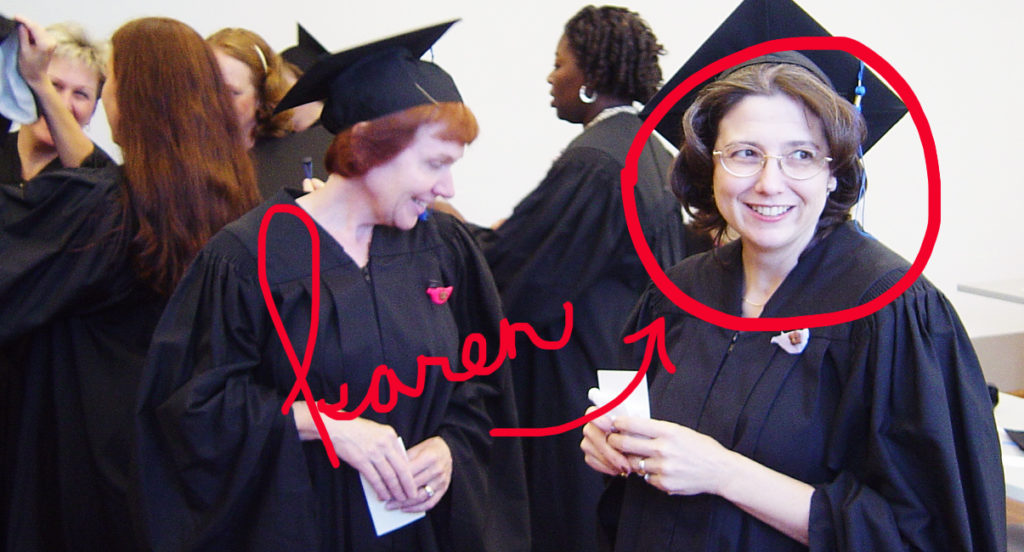A call to care for women
By Karen Winstead, CNM
Photo from Karen’s personal collection

“Listen to Women” was the central theme in a campaign to promote midwifery by the American College of Nurse-Midwives the year I graduated with my degree in nurse-midwifery. Very appropriate was this theme for me, because listening to women and observing them was how I started down this path to become a midwife and why I continued to pursue starting a birth center in the Roanoke area.
My journey started in nursing school. How well I remember that first day of maternity care in the hospital. I tiptoed through the door of the labor unit to see four or five stretchers lined up on pea green tiles in a “sterile” hallway with women lying on them.
They were moaning in pain.
These women were alone, without family or friends. When the time came, they were wheeled into the delivery room, legs up in stirrups, bottoms exposed.
They received a standard episiotomy cut and many of their babies were pulled out with forceps, then whisked off to the nursery.
It was very unpleasant to watch, let alone go through. The woman had no control, no role in her own delivery, and sometimes did not even remember the birth.
I decided after one day of that, I never wanted to work in the obstetrical department.
As irony would have it, fifteen years later I was assigned to be the clinical instructor on the obstetrical unit in a large hospital for LPN students, and many things had changed by this time. Women had their own room to labor, epidurals had become commonly used, and families could be with women. Natural birth and childbirth education had some effect by this time and hospitals had morphed from the surgical-suite-look to more like a hotel.
Shortly after this, a position on the obstetrical unit became available in the small community hospital close to my home. I decided to try it out since it was closer to my home and maternity nursing had changed quite a bit. Over the next ten years, what I saw in working closely with birthing women at this small hospital changed my whole perspective on pregnancy and birth.
Birth seemed to have transformed from being something scary — an accident waiting to happen, a disease that had to be closely monitored — to an incredibly intricate, beautiful, powerful event that marked each woman’s life, that gave her character and that strengthened her family.
I had seen it both ways now: an event that could build up or tear down; to motivate or discourage women. Here, it occurred to me that most women do not need episiotomies or most other interventions to birth their babies.
I saw birthing move from a medical, technological event to a normal, physiological event with emotional, mental, spiritual, and relational components.
And, for the first time, I witnessed a young German Baptist woman go through labor and birth unmedicated…



[…] <<Read part 1 […]